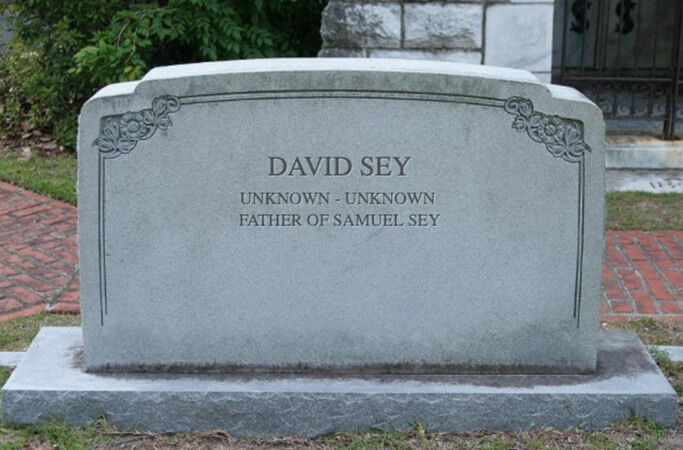“I don’t know if my father is asleep on a bed or a casket. I don’t know if he has another life or he’s lost it. Either way, I know I’m fatherless.
Though he’s not dead to me, I know I’m dead to him. In his eyes, I died before I was born. In my eyes, that makes no difference to him.”
I wrote those words three years ago. I still don’t know if my father sleeps on a bed or casket. I don’t know if he’s alive or dead. But I had to make a choice—I had to decide whether my father is alive or dead. I made that choice a few weeks ago.
I’ve decided my father is dead to me. Like many sons, I’ve buried my father. Except, I buried him without a body. I didn’t have a memorial for him—I don’t have any memory of him. I didn’t bury his body, I only buried any hope that I would ever see him in my life.
I made the decision when an application asked me to list my father as “deceased” or “living”. For most people, that isn’t an agonizing choice. Everyone knows whether their father is alive or dead—I don’t. Everyone knows what their father looks like—I don’t. Everyone knows more about their father than just their name—I don’t.
I don’t know anything about my father—I never have. I know just as much about my father today as I did when I was born. And just like when I was born, he isn’t here. In death or in life, I’ve never seen his body.
Yet, I nearly listed my father as “living” on the application. I wanted to believe he wasn’t dead. I wanted believe that maybe one day I would know more about him than just his name.
However, if I listed that he was “living”, I would need to write his address on the application. But, of course, I couldn’t do that. If my father is alive, I don’t know where he lives. And if he is alive, he doesn’t care to know where I live.
My father abandoned our family before I was born. He moved to Nigeria from Ghana, and we don’t know what’s happened to him since then.
But I know it was more difficult for me to decide whether he is alive or dead than it was for him to decide I was dead to him before I was born.
And yet, before I was born—before the foundation of the world—one person decided to become more of a father to me than David Sey ever could. That man isn’t an absentee father, he’s my everlasting father (Isaiah 9:6).
My everlasting father isn’t dead: he’s alive. I know where he is. He’s in heaven, waiting to come to me or waiting for me to come to him. He’s promised he’ll never leave me or forsake me.
My father is alive, and his name is Jesus.

